
What are your legal rights as an art collector?


👁 55 Views
In the art world, the internet is like the wild, unexplored island. It’s a place full of endless chances and undiscovered possibilities. Nowadays, with just a simple click, artists can quickly show their work to people worldwide, make new collectors and fans, get funding for their projects, and even make lifelong friends. The digital age has definitely made things bigger for artists and art collectors.
However, as with any island, there are hidden dangers and challenges waiting to catch you off guard. As art can sometimes be a gateway to a maze of legal matters that isn’t always easy to understand. There’s no one-size-fits-all rulebook for art, but there are some common legal areas that come into play in many places, like moral rights, copyrights, and contract law.
These laws aren’t there to make art complicated; they’re meant to protect artists and their creative works. But the thing is, these legal threads affect not just the artists but also those who appreciate and collect art, run galleries, or manage art collections.
Today we’ll unravel the mysteries of moral rights, copyrights, and contract law in a way that’s easy to grasp. Exploring the legal issues isn’t just about following rules; it’s about enhancing your appreciation of art, knowing how to protect it, and understanding the responsibilities that come with being an art collector.
First we’ll start with exploring how the internet has transformed the art-collecting landscape.
Access to artists and their collections globally
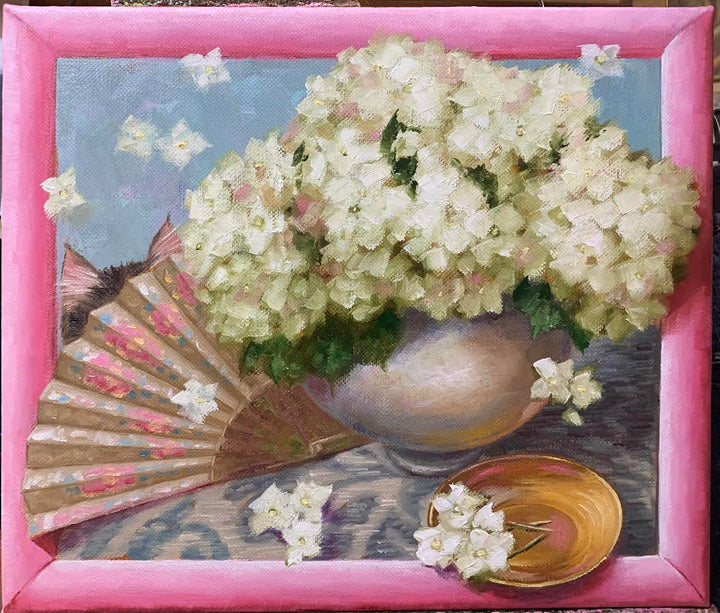

The internet has dismantled geographical boundaries, granting art collectors the ability to access collections from around the world. Virtual galleries, online auctions, and digital exhibitions have made it possible to explore and acquire art without being limited by physical location.
This global access has not only broadened the scope of available artworks but also offers the chance to discover emerging artists and niche collections that might have gone unnoticed in the past.
For art collectors, the online platforms provides a unique opportunity to engage directly with artists and gallerists. Social media platforms and virtual studio visits allow collectors to establish connections with the creators behind the art they admire. These interactions provide valuable insights into an artwork’s context, its creation, and its significance.
Such connections can lead to a deeper appreciation of art and even exclusive access to private art events and exhibitions.
Providing new platforms for investment

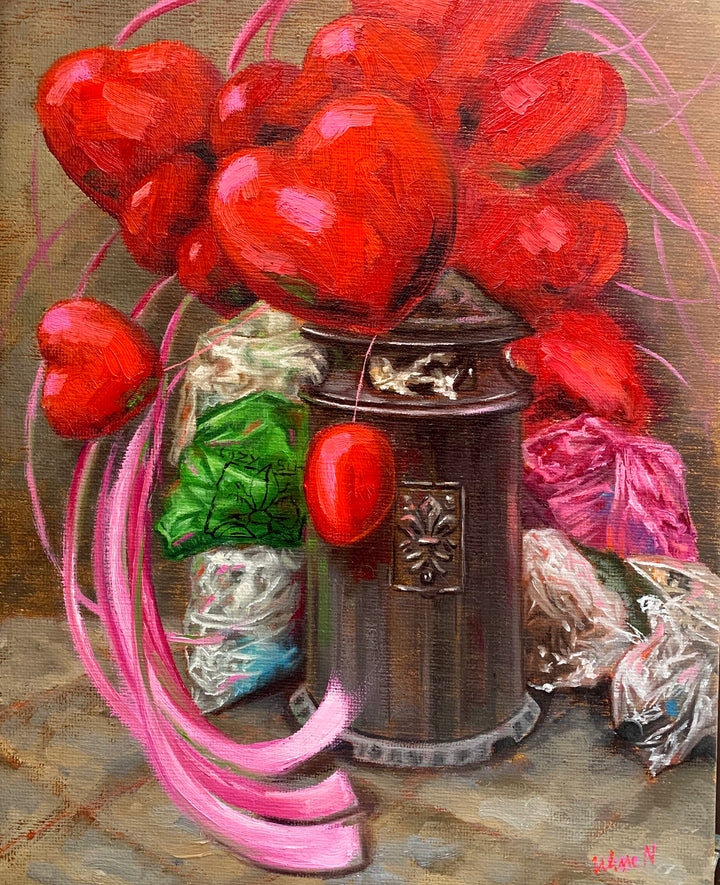
The digital age has given rise to innovative art investment platforms, offering art collectors the chance to diversify their portfolios and support emerging artists. Crowdfunding initiatives and blockchain-based art ownership are two examples of how collectors can explore new avenues to invest in art.
These platforms enable collectors to not only support artists but also to have a more active role in the art world’s growth and evolution.
Moreover the inernet has connected art collectors worldwide, allowing them to share their passions and insights. Online forums, collector groups, and social media communities offer a space for art enthusiasts to discuss their collections, share their experiences, and stay updated on the latest art market trends.
By participating in these communities, collectors can enhance their knowledge and expand their network within the art world.
The digital age has significantly expanded the possibilities for art collectors, offering a broader range of art to explore, opportunities for direct engagement with artists and the art community, and innovative investment options.
However, while they embrace these opportunities, it’s essential for collectors to remain vigilant and informed about the legal proceedings when acquiring art.
So, what are your legal rights as an art collector?
To be a responsible art collector in the digital age, it’s essential to be aware of specific legal aspects that come into play when acquiring art.
Moral Rights
Moral rights are a crucial legal concept in the art world. They protect an artist’s reputation and the integrity of their work. As an art collector, respecting an artist’s moral rights means honoring their right to be associated with their work and preventing any changes or uses of the work that could damage their reputation.
When acquiring art, be mindful of an artist’s moral rights, as disregarding them could lead to legal consequences and damage the value of the artwork.
Copyrights
Copyright is another vital legal aspect to consider. Artworks are protected by copyright from the moment they are created. Art collectors should be aware of an artwork’s copyright status, as it determines what they can and cannot do with the piece. For example, copyrighted works may have limitations on reproduction, public display, and distribution.
Understanding an artwork’s copyright status and obtaining the necessary permissions or licenses is essential to avoid copyright infringement.
Provenance and due diligence
Provenance refers to an artwork’s ownership history. It’s essential for art collectors to conduct thorough due diligence to verify an artwork’s provenance. Provenance disputes can lead to legal conflicts and affect the value of a collection. Legal proceedings, such as examining historical documents, invoices, and records, can help ensure the authenticity of an artwork’s ownership history.
Collectors should maintain meticulous records and documentation related to their art acquisitions.
Purchase agreements and contracts
When acquiring art, collectors often enter into purchase agreements or contracts with artists, galleries, or auction houses. These legal documents outline the terms and conditions of the transaction. Understanding the content of these agreements, such as payment terms, delivery schedules, and return policies, is essential to protect both parties involved.
Legal consultation is advisable when dealing with complex purchase agreements.
Import and export regulations
Art collectors who acquire international artworks must consider import and export regulations. These legal requirements vary by country and may involve customs declarations, permits, or cultural property laws. Failure to comply with these regulations can result in legal complications and delays in receiving art.
By being well-informed about these key legal aspects, art collectors can not only acquire art responsibly but also avoid potential legal issues that might affect their collections.
The importance of knowing your legal rights when collecting art
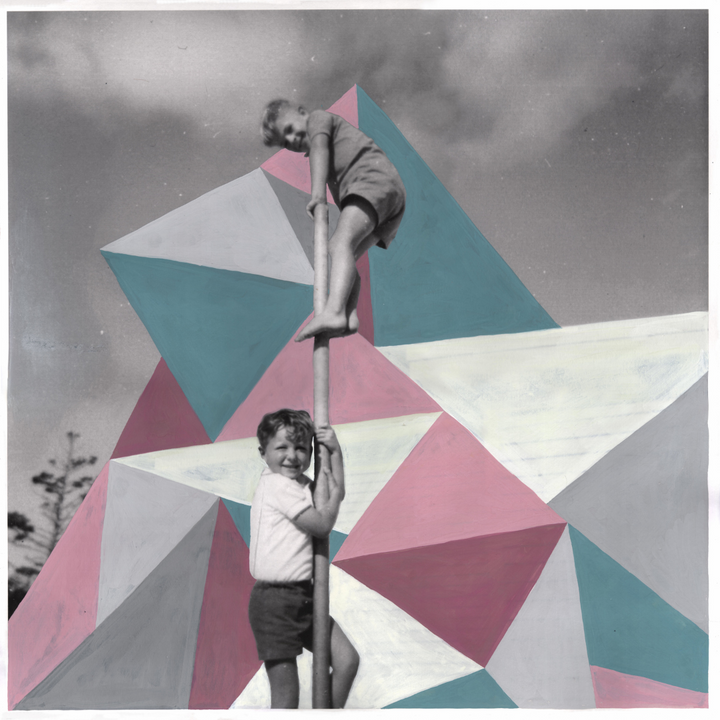
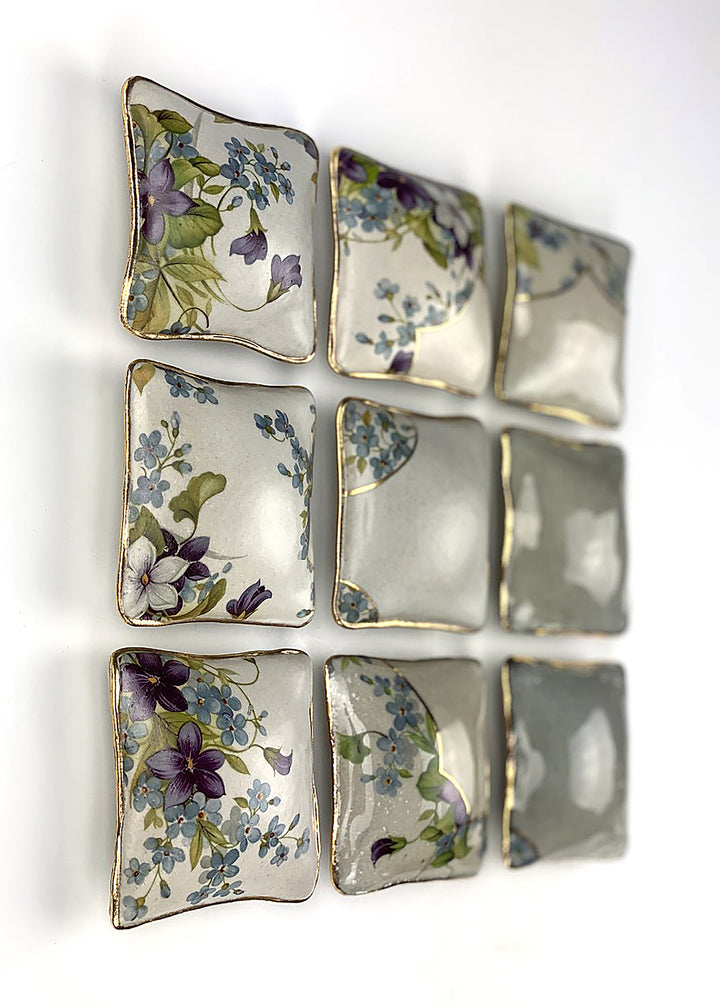
One of the fundamental aspects of art collecting is establishing the authenticity and provenance of an artwork. Online art platforms may provide access to a vast array of art, but it’s vital to verify an artwork’s history and legitimacy. Legal proceedings, such as proper documentation and verification processes, are essential to confirm an artwork’s authenticity and trace its history.
Acquiring art with a clear and documented provenance not only adds to the collector’s peace of mind but also preserves the artwork’s value over time.
Protection against fraud and internet scams
The digital realm has, unfortunately, given rise to potential art fraud and forgeries. Collectors must be cautious when purchasing art online, as some fraudulent sellers may attempt to pass off counterfeit or misrepresented works. Legal proceedings, such as thorough due diligence and authenticity checks, are crucial for safeguarding your collection against such risks.
By following legal procedures and consulting with experts, you can minimize the chances of falling victim to art scams.
Clear understanding of the ownership rights
Acquiring art comes with legal rights and responsibilities. Understanding the ownership rights associated with an artwork is crucial. For instance, certain artworks may come with restrictions on reproduction, exhibition, or resale. Knowing and respecting these rights is essential to avoid legal complications in the future.
Legal consultations and thorough research can help collectors navigate ownership rights effectively.
You can support emerging artists responsibly
While the digital age provides opportunities to invest in emerging artists, collectors must do so responsibly. Supporting artists through crowdfunding or direct acquisitions involves legal agreements and responsibilities. It’s important to understand the terms of art investments and ensure that artists are protected as well.
Unforeseen legal issues can arise, whether related to copyright, intellectual property, or provenance disputes. Collectors who have followed proper legal proceedings when acquiring art are in a better position to navigate and resolve such issues when they occur.
Investing time and resources in legal due diligence can save collectors from potential legal battles and financial setbacks.
As an art collector in the digital age, understanding and following the appropriate legal proceedings is not only a matter of compliance but a means to protect your investments and ensure the long-term value of your art collection.

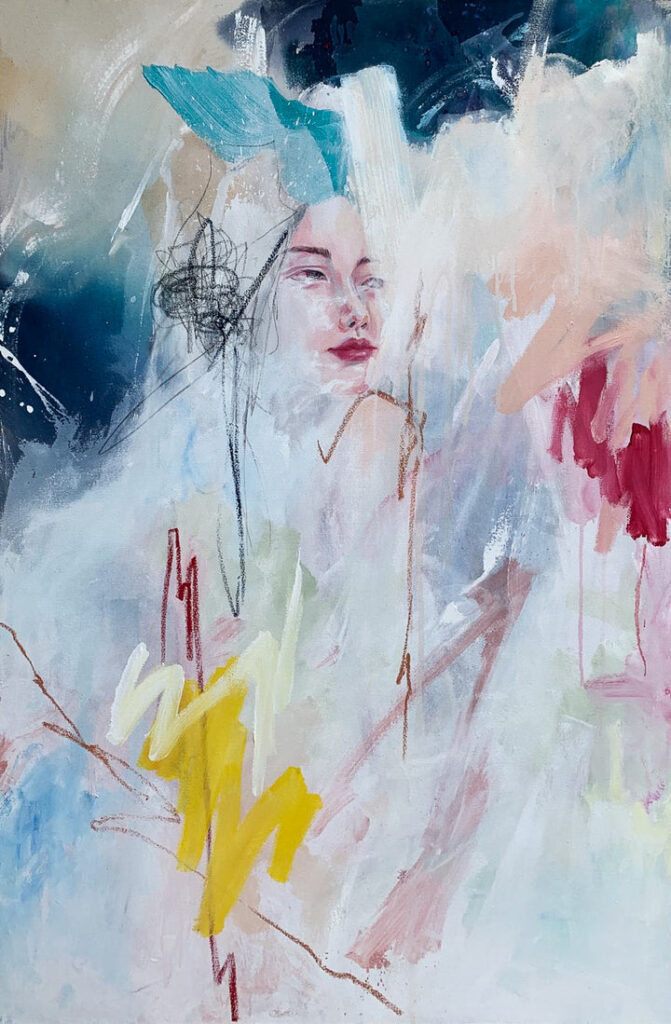
As we conclude our exploration of art collecting in the digital age, one thing becomes abundantly clear: art collecting is not just about acquiring beautiful pieces; it’s a journey filled with responsibilities, ethical considerations, and the potential for challenges.
The impact of art collectors on artists, the art community, and the broader cultural landscape is profound. By understanding the legal aspects, fulfilling ethical responsibilities, and navigating the challenges thoughtfully, art collectors can contribute to the preservation and promotion of art and culture.
The digital age has provided unprecedented access and opportunities, and with this privilege comes the responsibility to be informed, conscientious, and respectful collectors. In doing so, we ensure that our passion for art not only enriches our lives but also leaves a lasting legacy for generations to come.
Looking for expert guidance? Subscribe to Arts to Hearts Project’s newsletter for art World insights and tips for artists and collectors.


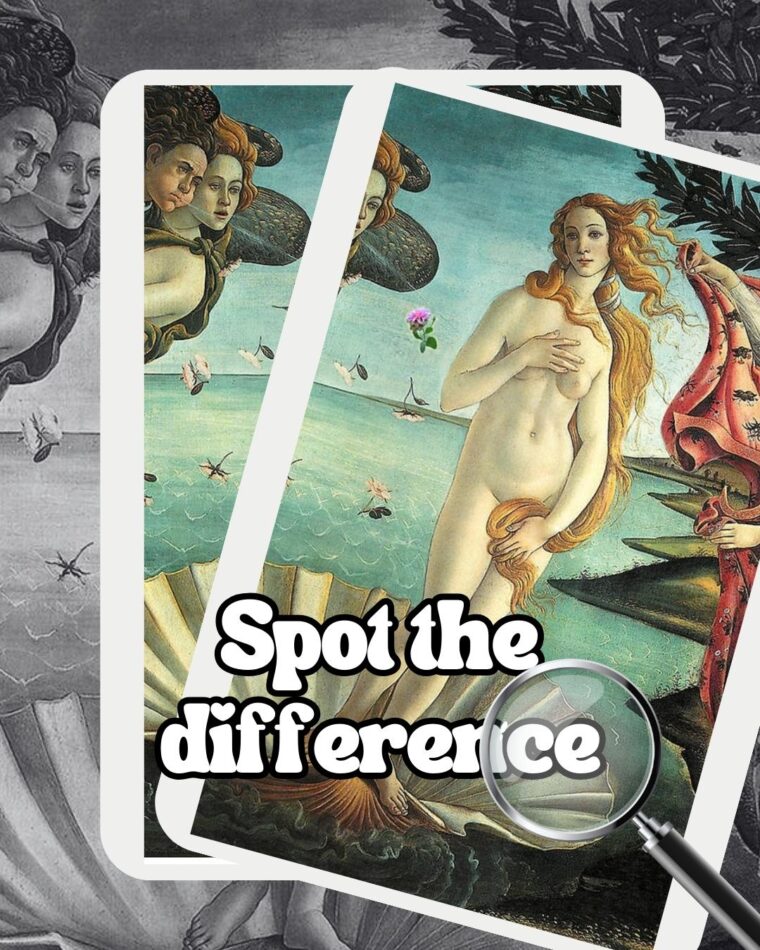

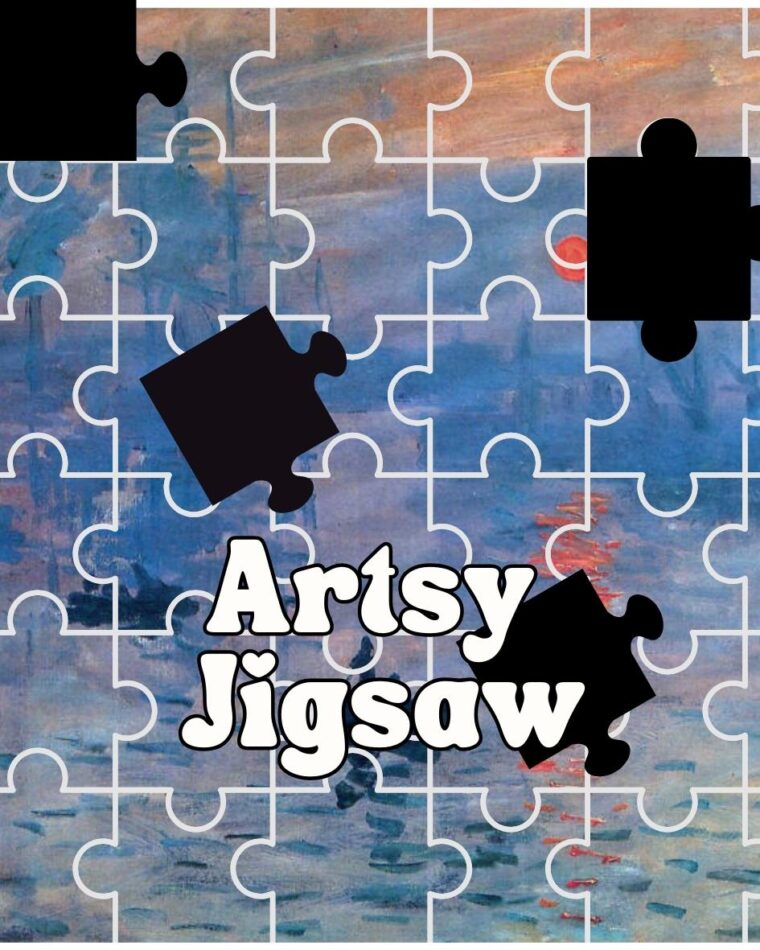
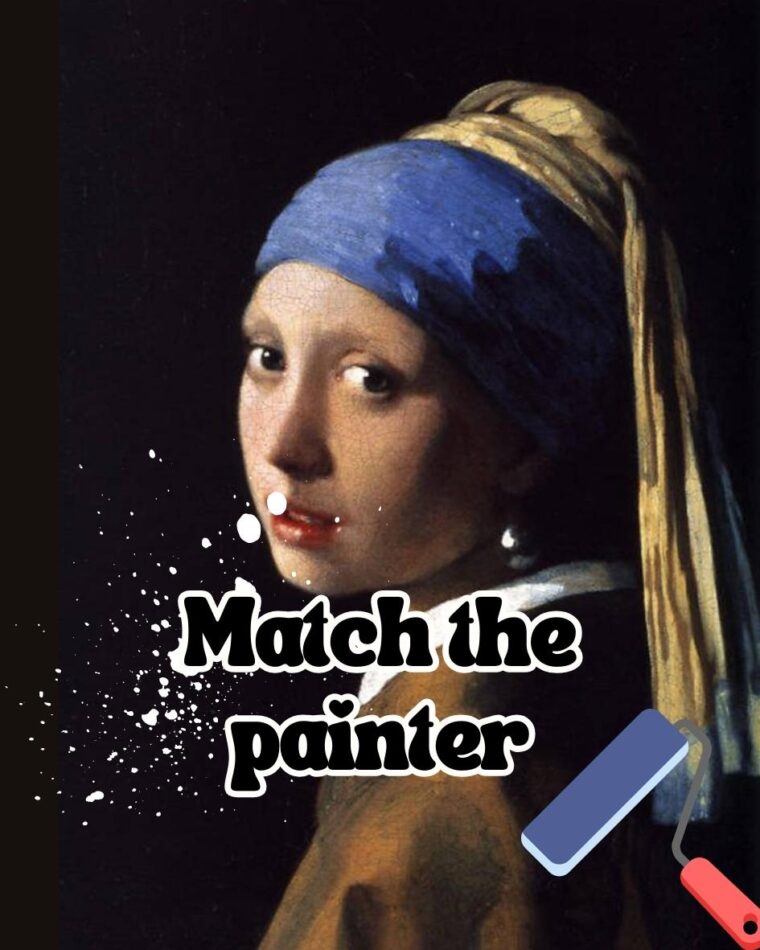









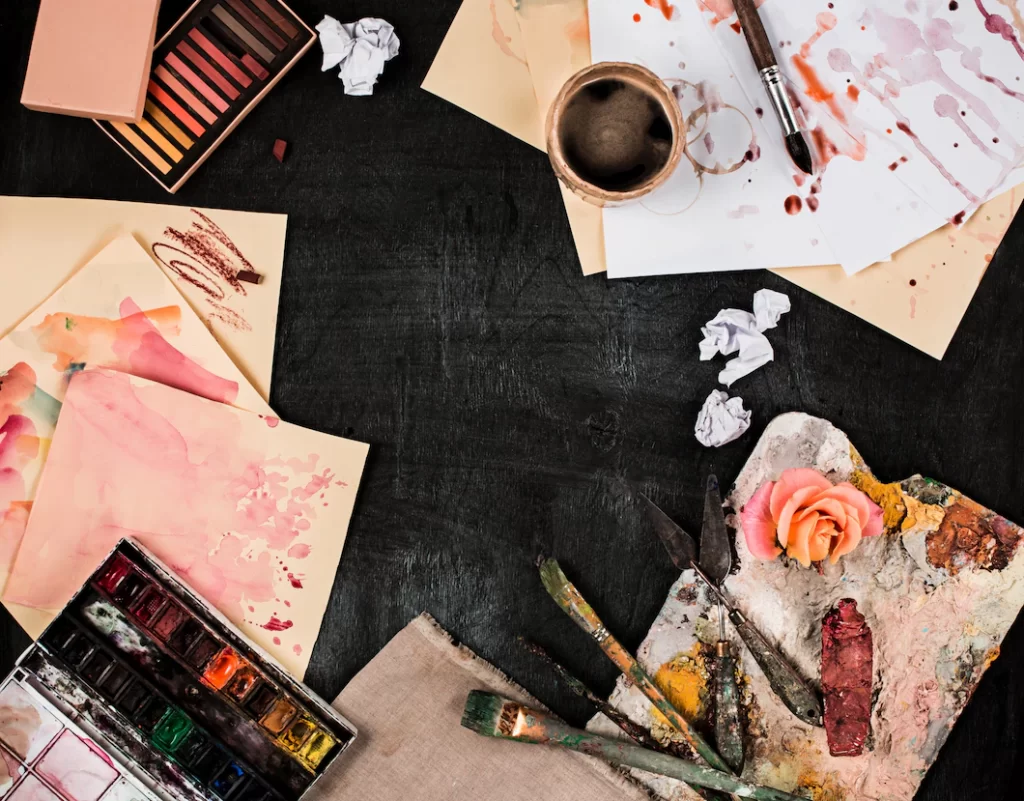
Comments 21